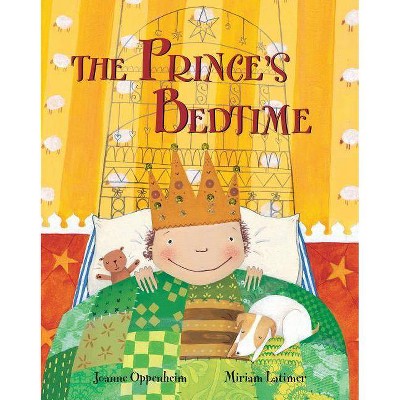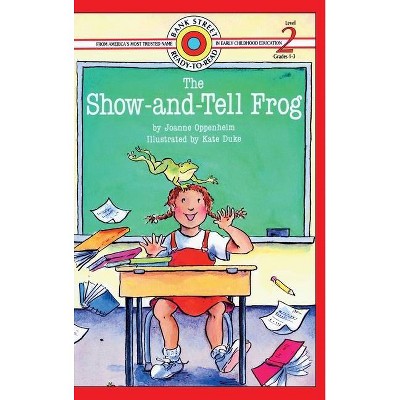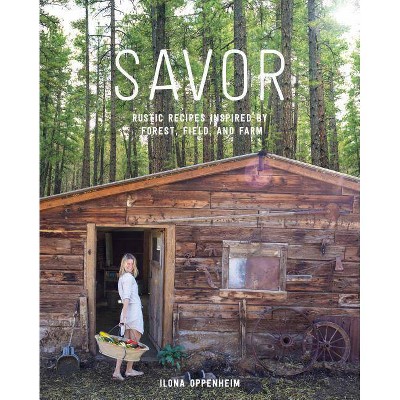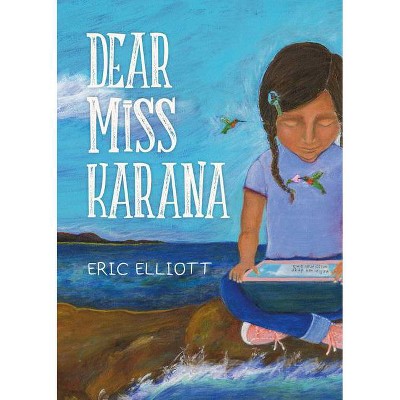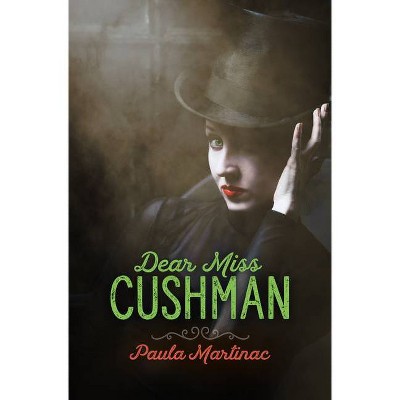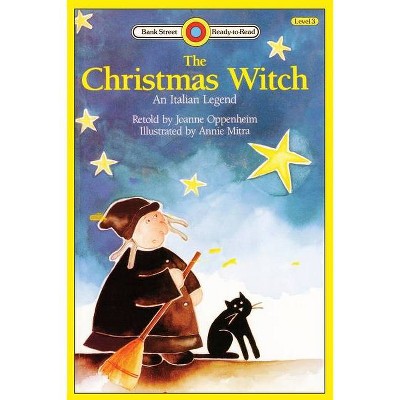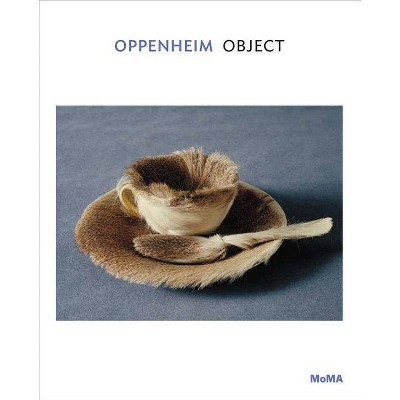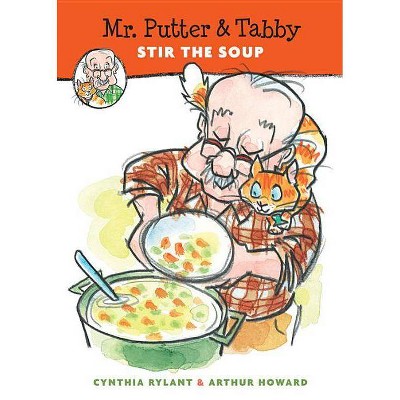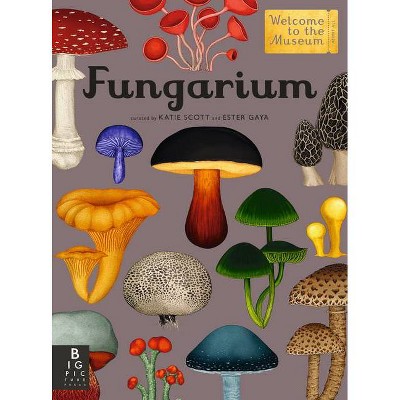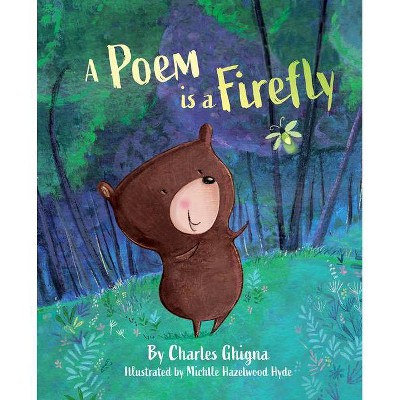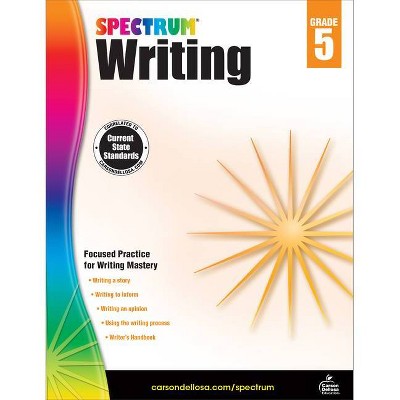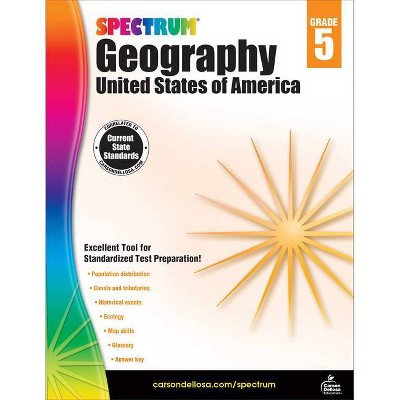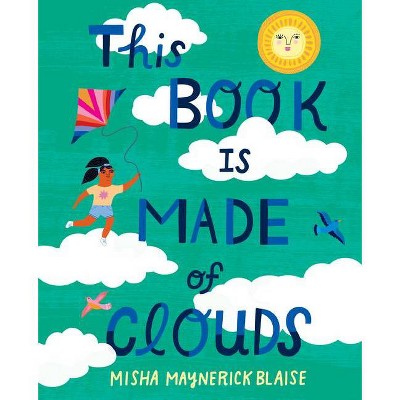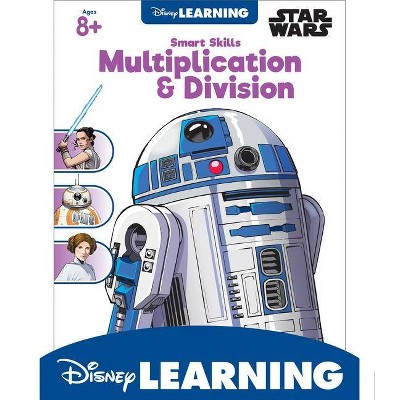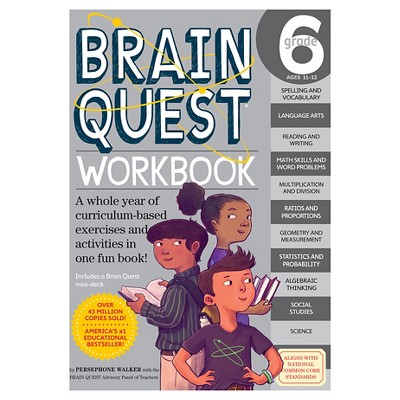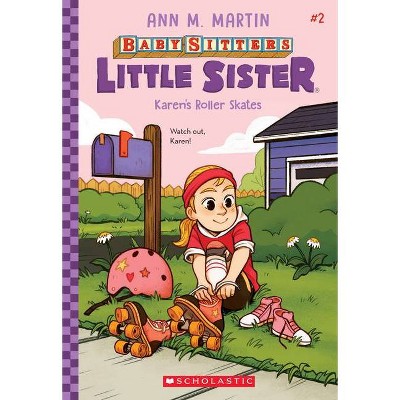Dear Miss Breed - by Joanne Oppenheim (Hardcover)
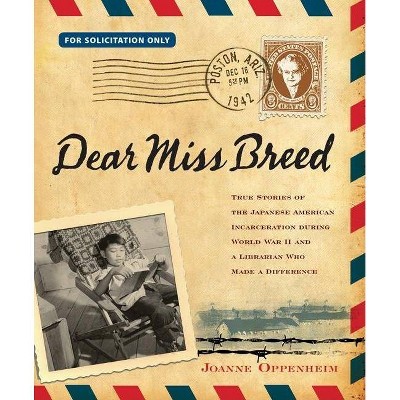
Similar Products
Products of same category from the store
AllProduct info
<p/><br></br><p><b> About the Book </b></p></br></br>True stories of the Japanese-American incarceration during World War II are told. This book shares the correspondence between Clara Breed, a San Diego librarian, and dozens of Japanese-American children sent to internment camps after Pearl Harbor. Photos.<p/><br></br><p><b> Book Synopsis </b></p></br></br>A chronicle of the incredible correspondence between California librarian Clara Breed and young Japanese American internees during World War II.<p></p>In the early 1940's, Clara Breed was the children's librarian at the San Diego Public Library. But she was also friend to dozens of Japanese American children and teens when war broke out in December of 1941. The story of what happened to these American citizens is movingly told through letters that her young friends wrote to Miss Breed during their internment. This remarkable librarian and humanitarian served as a lifeline to these imprisoned young people, and was brave enough to speak out against a shameful chapter in American history.<p/><br></br><p><b> Review Quotes </b></p></br></br><br>Booklist 1/1/06*STAR* Oppenheim, Joanne. Dear Miss Breed: True Stories of the Japanese American Incarceration during World War II and a Librarian Who Made a Difference. Feb. 2006. 288p. illus. index. Scholastic Nonfiction, $22.99 (0-439-56992-3). 940.53.Gr. 7-10. Like Michael O. Tunnell's The Children of Topaz (1996), this passionately written history bears witness to the World War II injustices endured by Japanese Americans, from a vantage point of particular relevance to young people. In a poignant introduction, seasoned children's writer Oppenheim explains how her hunt for a former classmate, a Japanese American, serendipitously led her to an Internet profile of San Diego children's librarian Clara Breed, and to a collection of letters written to Breed by her incarcerated Japanese patrons-grateful, illuminating responses to Breed's faithful missives and care packages containing books and other gifts. Although the letters (and interviews with their grown-up authors) form the narrative's bedrock, Oppenheim weaves them into a broader account amplified by photos, archival materials (including a startlingly racist cartoon by Dr. Seuss), and moving quotations from the later reparation hearings: I was just 10 years old when I became a 'squint-eyed yellow-bellied Jap.' Along with the basic facts, Oppenheim urges readers to critically interpret primary sources and identify governmental doublespeak; the words incarceration or concentration are consciously employed here as correctives for softpedaling terminology like internment and relocation. Unclear references in the children's letters are not always annotated, and the recurring discussion of professional concerns facing Breed (whose own letters to the camps have been lost) often seems to cater too obviously to Oppenheim's adult readers. But the aggregate deserves commendation for its sheer quantity of accessible, exhaustively researched information about a troubling period, more resonant now than ever, when American ideals were compromised by fear and unfortunate racial assumptions. Eight pages of unusually readable, wide-ranging endnotes and an exhaustive bibliography conclude, evidence of Oppenheim's all-consuming research process. -Jennifer MattsonKirkus 12/15/05 Looking back to a shameful but characteristic chapter in this country's history, Oppenheim wraps an angry account of the U.S. West Coast Japanese-American population's forced removal in the panic following Pearl Harbor around a heartfelt tribute to Clara Breed, a San Diego children's librarian who kept in touch with several of her evacuated young regulars and became an advocate for their release. The text is sometimes repetitive or overstuffed with minor details, but-supported by frequent excerpts from letters, passages (pointedly labeled Testimony) from the 1981 reparation hearings and lines from the author's own interviews with survivors-it not only creates a scathing picture of the living conditions those children and their families were forced to endure, but also bears eloquent witness to their deeply rooted patriotism and unshakable determination to make the best of things, come what may. Supplemented by a range of period commentary and illustrated with rare snapshots, this is rich in primary material and also bears unmistakable relevance in this post-9/11 atmosphere. (bibliography, notes) (Nonfiction. 11+) VOYA5Q - 3P - M - J -SOppenheim, Joanne. Dear Miss Breed: True Stories of the Japanese American Incarceration During World War II and a Librarian Who Made a Difference, Scholastic.2006.288p. $22.99. 0-439-56992-3.. Index. Illus. Photos. Maps. Biblio. Notes. Appendix.In his last year, this reviewer's father, a Pearl Harbor vet, spent time in a daycare program for dementia victims. Routinely he would return home to recount stories of a fellow daycare resident, a Japanese American woman who had spent time at Manzanar. Her memories are unforgettable, much like the letters and interviews in veteran author Oppenheim's nonfiction recounting relationships between a special librarian and her incarcerated young readers. Clara E. Breed, children's librarian for the San Diego Public Library, celebrated all young readers, and her commitment did not end when Japanese families in the area were torn from their homes and lives following December 7,1941. Oppenheim collects scores of communications back and forth between Breed and her readers, making inferences, interpreting contexts insightfully. Notes reveal gifts that Breed sent students, along with shopping lists they sent her with money orders. Anger, bitterness, and sadness fill correspondence from older students, aware of injustices forced upon them. Younger readers adapted more readily to condition at various camps. The volume includes historical sidebars, photographs of letter writers (as children and adults), and rare internment camp pictures. Although some nonfiction written for students is superficial, assuming research versus evidencing it, this book is thoroughly, clearly documented, including chapter notes, acknowledgements, and bibliography. Additional highlights include follow-ups on the children and a reunion gathering. Fortunate social studies students will find themselves immersed in this engaging and poignant personal history, demonstrating that a single person can, indeed make a significant difference in the lives of many. Memorable? Absolutely.- Parri Sylvester Spencer. Note 5Q rating above means Could not have been better written!BCCBClara Breed, children's librarian at the San Diego Public Library, may have been unable to prevent the mass relocation of her Japanese-American patrons following the attack on Pearl Harbor, but throughout the war years she offered support in the form of correspondence, gifts, and purchases made on behalf of the children and young adults with whom she kept in touch. Although most of Miss Breed's own letters have been lost, she saved the bulk of letters she received, and these form the basis for an inside look at the internment camp system. With such a treasure trove of primary source material representing a range of experiences and attitudes, Oppenheim needs to do little more than provide requisite background material and organize the voices that speak eloquently for themselves. Instead she offers an overwritten text, often repetitive and padded with facts and observations that don't always advance the narrative. Although she helpfully points out the many euphemisms used to soften the ugly reality of the incarceration of unindicted citizens, she also has a problematic tendency to read misery into many upbeat letters rather than to closely examine reasons why correspondents may not have groused as loudly as Oppenheim seems to expect. Nor does she aid readers in examining how and why adult testimony from the 1981 Commission on Wartime Relocation and Internment of Civilians may differ in content and tone from youthful letters written to an acquaintance in the 1940s. Nonetheless, there's a wealth of fascinating firsthand material here, together with photos, notes, bibliography, and index, that will supplement the World War II collection. EBHorn Book Magazine(March 1, 2006; 0-439-56992-3; 978-0-439-56992-7)(Middle School, High School) Oppenheim's substantial, well-researched account focuses on Clara Breed, children's librarian at the San Diego Public Library, and the Japanese-American children she served prior to World War II and whom she continued to serve after their families were sent to an Arizona internment camp. Miss Breed sent books and gifts to these young people all through their years of internment, and she saved the many letters (now housed in the Japanese American National Museum in Los Angeles) they wrote in return. Oppenheim augments the letters with personal correspondence and interviews with numerous contemporary survivors of Poston Camp Number Three. She also draws heavily on 1940s newspaper accounts and from later testimony given by Japanese Americans in the early 1980s, carefully constructing a disturbing account of the widespread racism that led rapidly to the labeling of all Japanese-American residents (many of whom had been born in the United States) as enemy aliens. Illustrated with numerous photographs (including a reproduction of a racist cartoon by Theodor Geisel, or Dr. Seuss) and incorporating copious letters and documents, the book is lengthy and somewhat repetitive, but compelling, as well as eerily timely in light of current debates about civil rights. The story of this long, ugly episode has not before been so fully told for young people and deserves wide reading and discussion. Horn Book readers can find Clara Breed's own telling of it, much quoted here, in the July 1943 issue. An afterword, acknowledgments, appendix, notes, bibliography, index, and photo credits are included. Copyright 2006 of The Horn Book, Inc. All rights reserved..<br><p/><br></br><p><b> About the Author </b></p></br></br>Joanne Oppenheim is the author of more than fifty books for and about children. In addition, she is the president and cofounder of Oppenheim Toy Portfolio, Inc. One of the country's most highly regarded child development experts, Oppenheim is seen regularly on NBC's Today show, where she is a contributor. Her latest book, Dear Miss Breed: True Stories of the Japanese American Incarceration During World War II and a Librarian Who Made a Difference, came about when Joanne was planning her high school reunion and began searching for Ellen Yukawa, a Japanese American friend. Through her search she discovered the website of the Japanese American National Museum in Los Angeles and the letters to Miss Breed. With the National Museum's help, Joanne eventually found her friend and discovered that Ellen had spent the war years at Poston, the internment camp in Arizona from where the letters to Miss Breed were sent. Eager to write about and share these stories, for three years Joanne Oppenheim worked on this book, locating and interviewing many of Miss Breed's children. Joanne hopes that her readers view this story, not as an isolated event of the past, but rather as an event to keep in our collective memory to ensure that it doesn't happen again. Joanne Oppenheim lives in New York City with her husband and is the mother of three grown children and the grandmother of seven.
Price History
Price Archive shows prices from various stores, lets you see history and find the cheapest. There is no actual sale on the website. For all support, inquiry and suggestion messages communication@pricearchive.us
